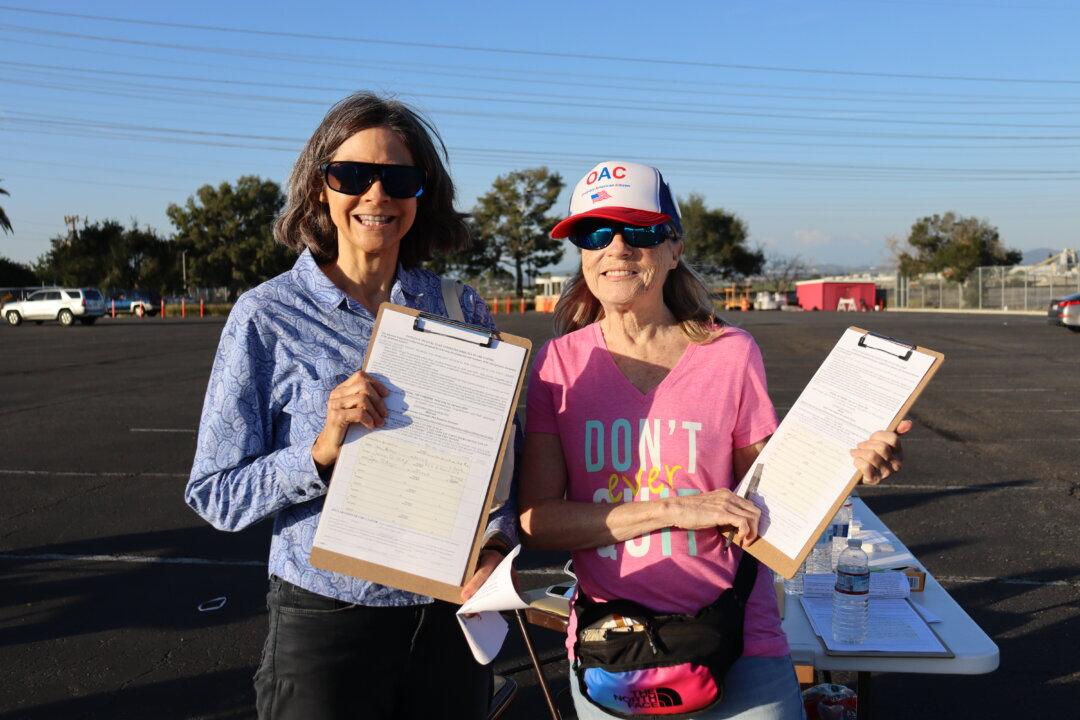Nearly 500,000 signatures have been gathered to “fix” Proposition 47, a law passed by California voters in 2015 to lessen some drug and theft crimes from felonies to misdemeanor offenses in an effort to reduce prison populations, with the measure now just inches away from qualifying for the November ballot.
“We’re very confident we’re going to qualify,” said Greg Totten, campaign chair for Californians to Reduce Homelessness, Drug Addiction, and Theft and CEO for the California District Attorneys Association.





